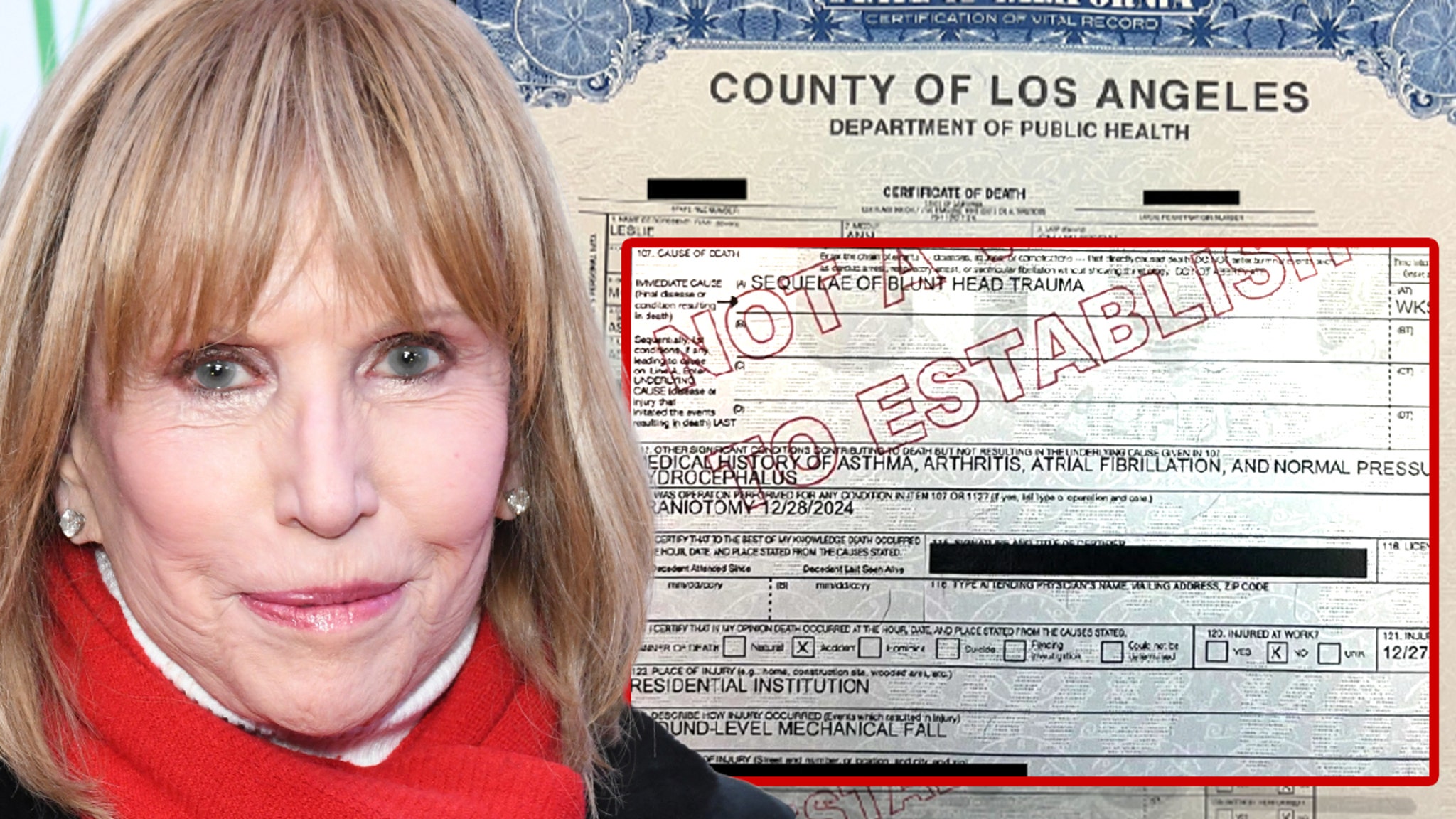Culture
Book Review: ‘Theory & Practice,’ by Michelle de Kretser

THEORY & PRACTICE, by Michelle de Kretser
In the 1980s, an intellectual revolution took hold on college campuses, spreading, this newspaper reported at the time, “like kudzu.” Under the deceptively unassuming shorthand of “theory,” a heady brew of philosophical schools and ideas — many of them imported from France — upended longstanding assumptions about language, meaning, reality and the human self. According to theory, words referred not to the world they were tasked with representing but only to other words in a ruthless system where meaning was elusive, reality an illusion and the self a romantic fiction perpetrated by the capitalist bourgeoisie.
This revolution is in full swing when the 24-year-old narrator of Michelle de Kretser’s deftly crafted new novel, “Theory & Practice,” leaves her job in market research and moves from Sydney to Melbourne in 1986 to attend a graduate program in English literature. She buys a vintage dress in “Intellectual Black,” finds a feminist scholar to supervise her thesis on Virginia Woolf and falls in with a loose circle of ironic creatives: a sax player in a feminist band, a sculptor who “looked like Patti Smith but with much stormier hair” and a Marxist lecturer in art history who throws a party for his brand-new Apple Macintosh — “a boxy object in orthopedic non-color” that presides over his desk surrounded by awed guests.
Soon the narrator embarks on a consuming affair with Kit, an engineering student who’s in a “deconstructed relationship” with someone else. Yet she’s unprepared for how her field has changed since she was last in school: “Theory had taken book, essay, novel, story, poem and play, and replaced them all with text,” she marvels. “It was necessary to make the text confess. Applying pressure to soft, secret places, the critic exposed fake oppositions, crude essentialisms, bourgeois hegemonies, totalizing mechanisms, humanist teleologies, squalid repressions, influential aporias, and many more textual fragilities. The text bucked and shrieked under the critic’s ministrations, but the critic was merciless.”
The excesses of 1980s academia are ripe fodder for de Kretser’s mordant wit, but her aim here is more ambitious — and the results more rewarding. An Australian novelist of the first rank, who, like the narrator of “Theory & Practice,” emigrated from Sri Lanka as a child, de Kretser has long been fascinated by the gap between our ideals and our actions — between theory and practice — including with respect to the novel itself. Her last book, “Scary Monsters,” featured two obliquely linked narratives printed back to back and upside down; “Theory & Practice” is also a bold experiment in form.




























